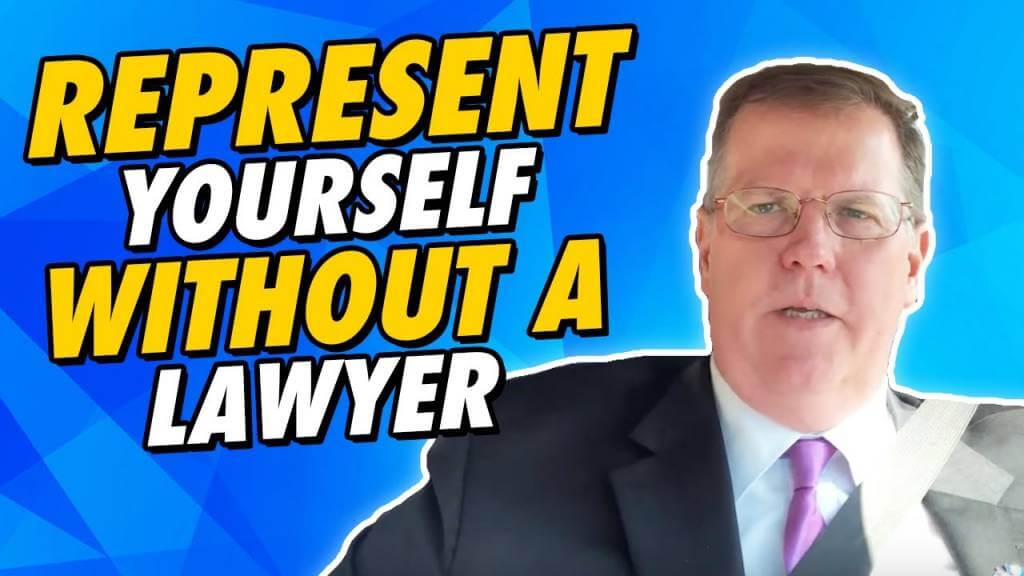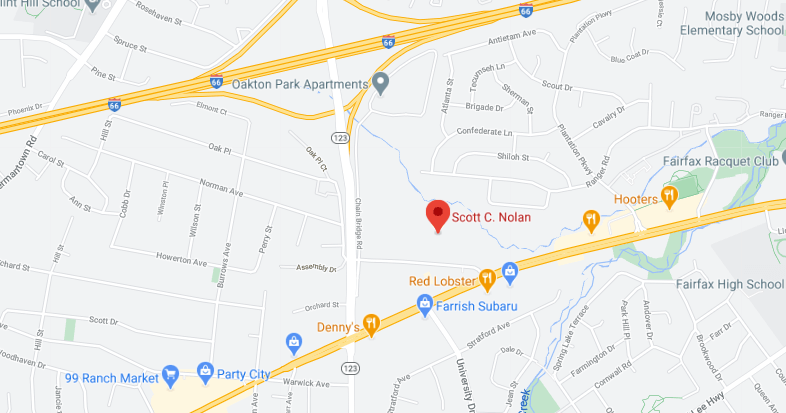It can be terrifying to be charged with a crime, as it’s well known that criminal charges tend to be serious. Sometimes people think that the charge itself is doom. However, the charge is just the beginning of the legal process. It’s not guaranteed to end with a conviction. Working with an experienced, knowledgeable criminal defense attorney can help you understand the types of defenses available to you and what would most likely work in court.
There are four types of defenses: innocence, Constitutional violations, self-defense, and insanity. Each of these defenses has specific things they need to prove to a judge and jury to convince them to acquit the charged person. Here’s what you need to know about each.
What Is Innocence?
Innocence seems self-explanatory: Someone was charged with a crime they didn’t commit. This can seem straightforward, but a lack of evidence to prove innocence can cause difficulty. Still, the baseline for American court cases is “innocent until proven guilty.” That means the prosecution’s job is to prove the charged person is guilty to such an extent that the jury or judge believes them. The defense attorney’s job in these types of defenses is to provide enough evidence to cause doubt.

That means putting in considerable time preparing the case. An experienced criminal defense attorney will have a good idea of what the prosecution’s case is going to be and how they’re going to try and persuade the judge and jury of the guilt. In turn, the defense attorney will want to spend time looking for evidence that could exonerate the charged person. That could be anything from witnesses who have evidence, experts who can cause doubt in terms of the prosecution’s evidence, or finding someone else who did the crime.
What Are Constitutional Violations?
This defense is often used in criminal cases because these types of violations are common in these cases. The U.S. Constitution offers a variety of protections to people who are arrested and charged with crimes. When those protections are violated, it often leads to the case being dismissed or having the charges reduced so the consequences aren’t as dire.
An excellent criminal defense attorney is well aware of this type of defense and is prepared to look for the possibilities of it in each case. Some of the typical kinds of Constitutional violations include, but are not limited to:
- The arresting officer didn’t read the arrested person’s Miranda warning. This is something most people have seen on TV shows and in movies, where the arresting officer says that the person charged has the right to remain silent; the right to an attorney; if they can’t afford an attorney, one will be appointed; and the warning that anything the defendant says after this point can and will be used against them in a court of law.
- The arresting officer used coercion to cause the defendant to confess.
- The arresting officer didn’t get a proper search warrant or conducted an illegal search and seizure of the defendant’s home or vehicle.
- The arresting officer broke the chain of custody on any evidence collected. That could include things like evidence being improperly labeled or put into the wrong hands. If this happens, it’s likely that evidence will be ruled inadmissible in court.
What Is Self-Defense?
This doesn’t refer to representing yourself in court but is the defense that says you were acting to protect yourself when the crime occurred (which acknowledges the crime was committed). It’s usually used in cases related to battery, assault, or even murder. Another name for a self-defense case is justification. While it seems that this would be an easier defense to mount, it isn’t always because it can be difficult to justify violence against another person, particularly if the injuries were extreme or resulted in death.

It’s also important to understand that this defense can’t be used if the person charged with the crime started a fight or deliberately provoked the other person. If they tried to withdraw from the conflict peacefully, the defense might still be useful.
In Virginia, there are times when something commonly called the “castle defense” can be used as a basis for defense. That means someone may have the right to protect themselves in their home from an intruder, including the use of deadly force. But there are specifics around this defense that benefit from working with a criminal defense attorney.
What Is Insanity?
Like self-defense, insanity is a defense in which the defendant admits they committed the crime they’re charged with, but they shouldn’t be deemed guilty because they had a mental illness or mental defect that meant they didn’t understand right from wrong.
These are difficult cases, and the outcomes are different if the defendant is found not guilty. In the other types of defense, a not guilty verdict results in the defendant being freed. But when found not guilty due to reasons of insanity, the defendant is nearly always sent to a mental health facility. Their term there could be longer than a jail sentence would have been.

What’s more, once a not guilty because of insanity plea is launched, the defendant loses the rights to other protections, including physician-client privilege or the ability plead the Fifth Amendment in answer to questions to avoid incriminating themselves. It’s a defense that should be approached cautiously.
What Should I Do if I or a Loved One Has Been Charged with a Crime?
Call me at 703-688-9236 to request a free case evaluation. Being charged with a crime is a serious situation that can potentially have catastrophic consequences. I have significant experience working with various criminal charges and a deep understanding of Virginia criminal laws. Let’s talk through your case and determine the best plan of action to protect you and your rights. You have the Constitutional right to a defense attorney, and hiring one can give you your best chance of fighting back.











